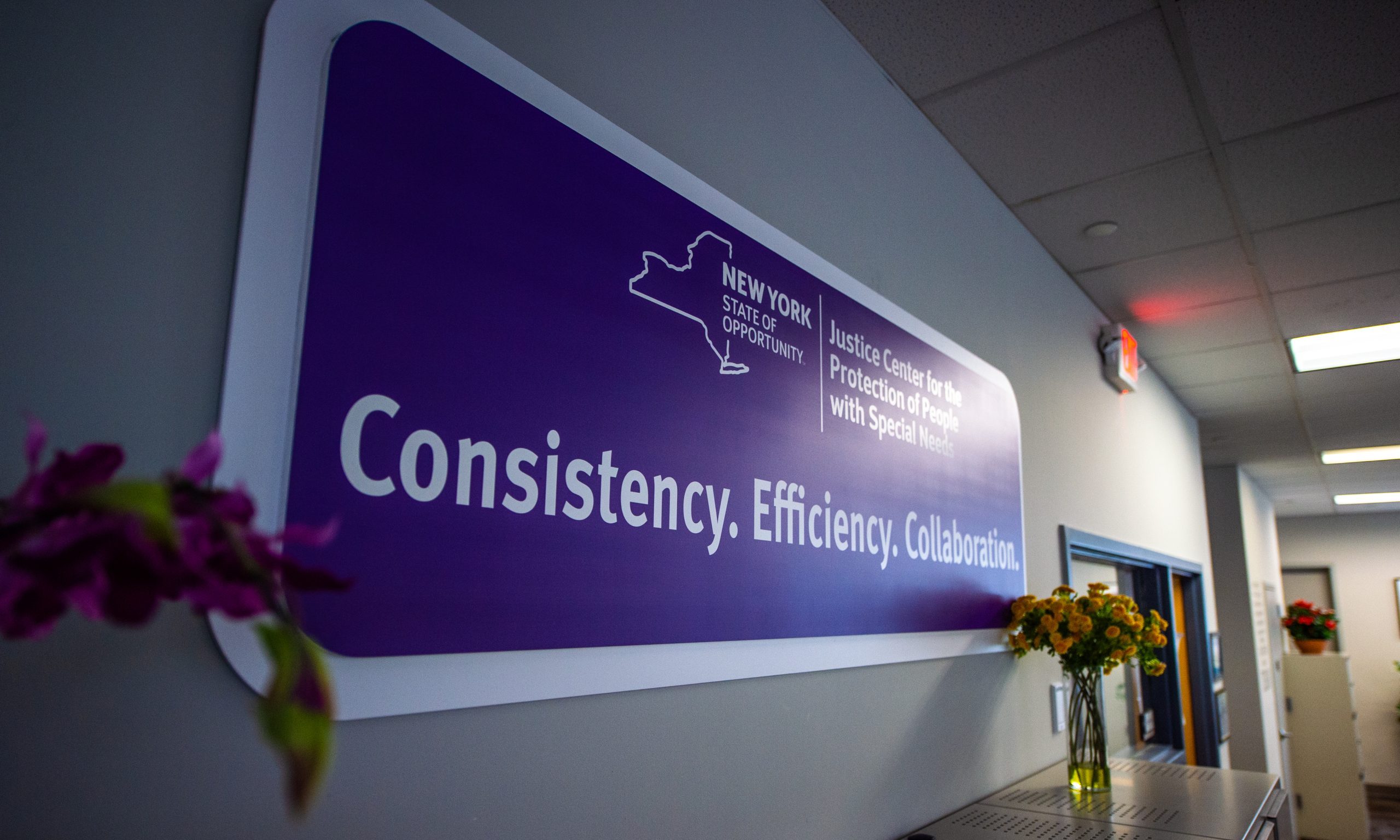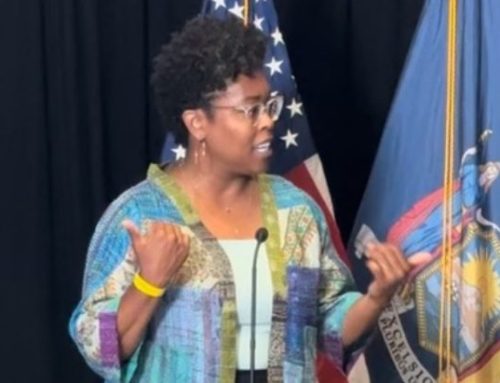Hochul administration sidelines prison watchdog
The state agency responsible for monitoring the use of solitary confinement and the quality of mental health care in prisons has been kept out of state correctional facilities for about five months, according to three sources.
The site visits to prisons by the Justice Center for the Protection of People with Special Needs were stopped in February – around the time of a mass work stoppage in the prison system – and came at the direction of Gov. Kathy Hochul’s office, according to two sources familiar with the directive from the executive chamber. The last publicly documented visit to a prison by the Justice Center was on Jan. 27, according to a report.
“I am concerned that the Justice Center is either asleep at the wheel or being sidelined during what is arguably the most important time for robust oversight – a time of crisis in the prisons,” said Jennifer Scaife, executive director of the Correctional Association of New York.
A spokesperson for the governor acknowledged that site visits by the Justice Center were paused following illegal strikes by prison guards all over the state. They said the decision was done “in alignment with other emergency measures temporarily put in place,” a point echoed a few minutes later in an email from a spokesperson for the Justice Center.
“The Justice Center takes its obligations under HALT seriously and continued all other aspects of this work,” wrote a spokesperson for the center. “We are currently resuming activities within DOCCS correctional facilities.”
The prison visits are expected to resume next week, according to the center.
Documented Failures
Starting in the spring of 2022, the Justice Center has been responsible for monitoring the administration of the Humane Alternatives to Long-Term Solitary Confinement (HALT) law and has put out multiple reports documenting non-compliance with provisions of the statute designed to reduce the use of solitary confinement and promote beneficial programming. The HALT report on 2023 activities, which was based on visits to 21 prisons, found there were “still significant areas outlined in the law where actions must be taken to increase the availability of therapeutic and rehabilative programming options that incarcerated individuals will attend and benefit from.”
In response to recommendations last year from the Justice Center on complying with the demands of HALT, state prison officials either dismissed the ideas, argued they’re doing their best to follow the law, or pointed to failures by the State Office of Mental Health. The center has also documented its inability to prod OMH into becoming more involved in the deployment of programming in residential rehabilitation units.
The center’s annual report on the administration of HALT for 2024, which was delivered to the executive chamber this spring and was expected to be released earlier this summer, is allegedly being kept under wraps by the governor’s office, according to three sources. The governor’s office said the report will be released “in the coming weeks” and noted that previous report on HALT was posted in July.
Organization shakeup
Behind the scenes, the Hochul administration has shuffled oversight of the Justice Center, moving the agency out of the portfolio of an executive chamber liaison with a focus on the so-called “O agencies” and into the public protection arena. The move has raised eyebrows from stakeholders that work with the center, as they’re worried it indicates a law enforcement emphasis that could be counterproductive to their mission.
A spokesperson for the governor did not respond to a question about the rationale for the change.
There was a public leadership change at the agency in 2024, when the agency’s popular executive director, Denise Miranda, was tapped to right the ship at the state Division of Human Rights. Maria Lisi-Murray was elevated to acting executive director of the center last year, but was not among a handful of cabinet appointments the governor advanced to the Senate this spring for confirmation. This spring the center’s executive deputy director, the number two at the agency, was moved out of the position.
Note from Dave: A spokesperson for the governor initially maintained that in the wake of the prison strikes, the Justice Center “has resumed site visits at DOCCS facilities.” Asked when the site visits restarted, they said they “resumed within the last couple of weeks.” When it was pointed out that this was contrary to what the Justice Center was saying, the governor’s office’s updated statement was that “The Justice Center resumed planning site visits and the next site visit will be next week.”










Social Media